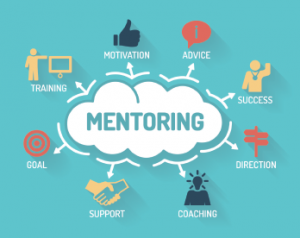
garagestock / shutterstock.com
Like other areas of medicine, rheumatology is facing a significant workforce shortage. As documented in a recently published study by the ACR, the demand for rheumatology clinical services is expected to exceed the supply of rheumatology providers by 2030.1
Without a concerted effort to explore ways to retain rheumatology providers in the workforce, this imbalance of supply and demand in the years to come will significantly affect access to, and the quality of, care that patients need. The recent ACR study is a major step toward developing effective strategies to retain rheumatologists and better understand why the imbalance is developing.
Alongside and complementary to the effort to retain rheumatology providers are efforts within the ACR to train rheumatologists who want to advance their careers into rheumatology research. A recent program developed jointly by the ACR and the Childhood Arthritis and Rheumatology Research Alliance (CARRA) to help pediatric rheumatologists advance their careers has—since its inception in 2010—become a main way for fellows and junior faculty to receive the training necessary for a career that includes research.
Key to the success of the program, called AMIGO (ACR/CARRA Mentoring Interest Group), is the use of mentors to provide early career investigators in pediatric rheumatology with broad perspective on the challenges and opportunities in career development.2 A main finding of a study that looked at the efficacy of AMIGO showed that a structured program can yield meaningful increases in access to, and satisfaction with, mentoring for rheumatologists in the early phases of their careers.2

Dr. Ogdie
Given the success of the AMIGO program, a new study by ACR investigators looked at the main issues involved with creating a mentorship program for trainees and early career investigators in adult rheumatology research. Conducted by members of the ACR Early Career Investigator Subcommittee of the Committee on Research, the study focused on training early career investigators by specifically looking at the barriers and facilitators of effective mentoring and how the ACR can enhance mentorship at this early career stage. The ultimate aim of the study was to develop a framework for an effective adult rheumatology mentoring program.3
‘More mentors are better than one.’ —Dr. Ogdie
Mentorship for Adult Rheumatology Research
Described as the first qualitative study to examine attributes of an ideal mentorship relationship for adult rheumatology research, investigators used data collected from 25 early career rheumatologists (i.e., fellows in training, instructors or assistant professors) to examine the mentor–mentee relationship, as well as barriers to an effective mentorship relationship and facilitators of that relationship. In addition, investigators undertook a national survey of rheumatology fellows and early career investigators to identify specific needs to address in an interinstitutional mentoring program.


